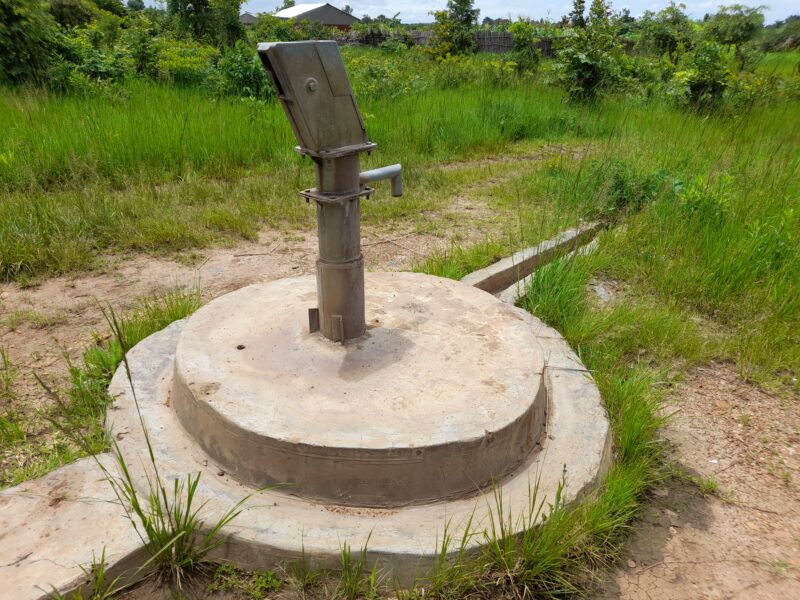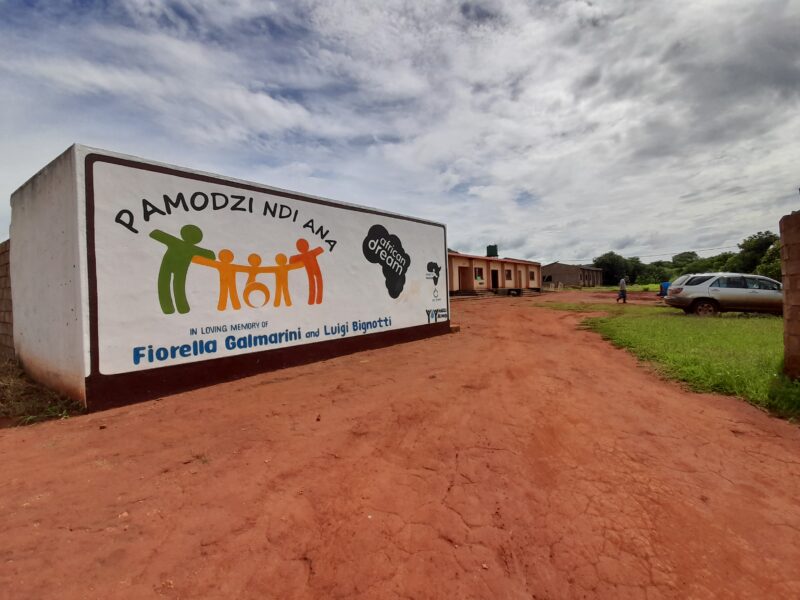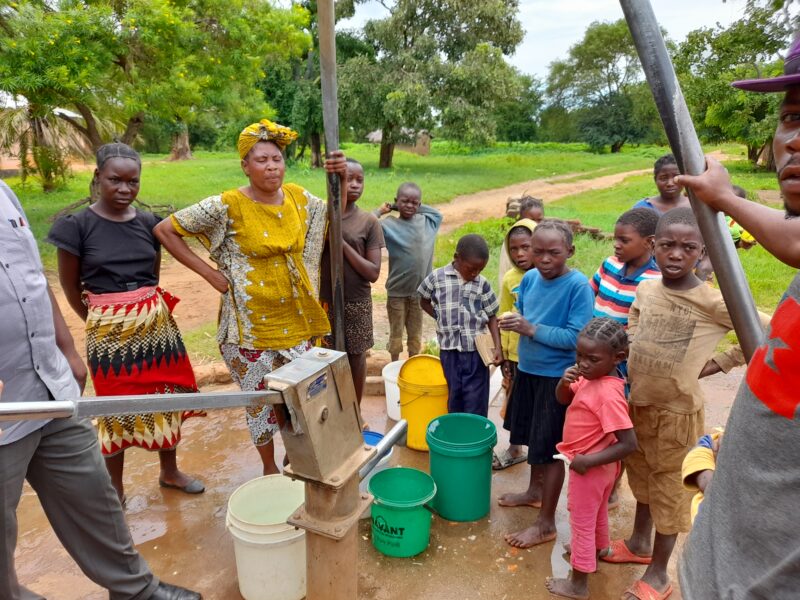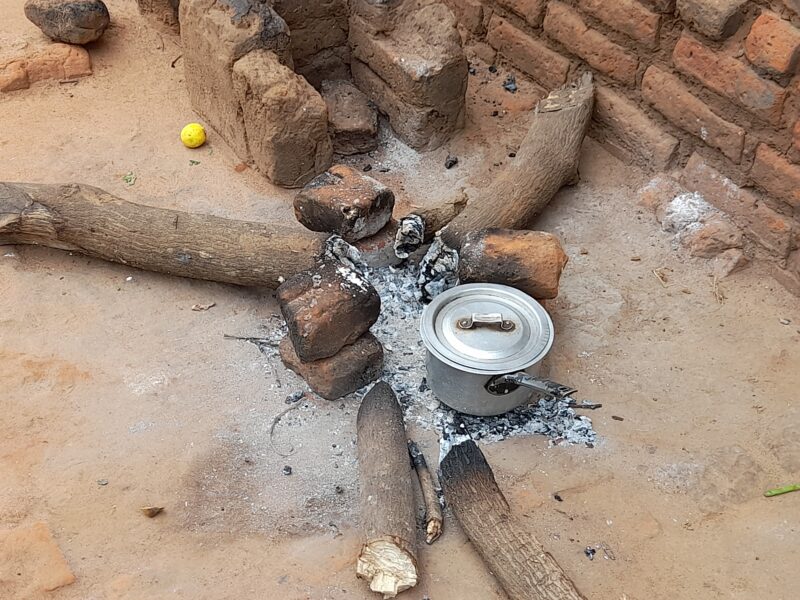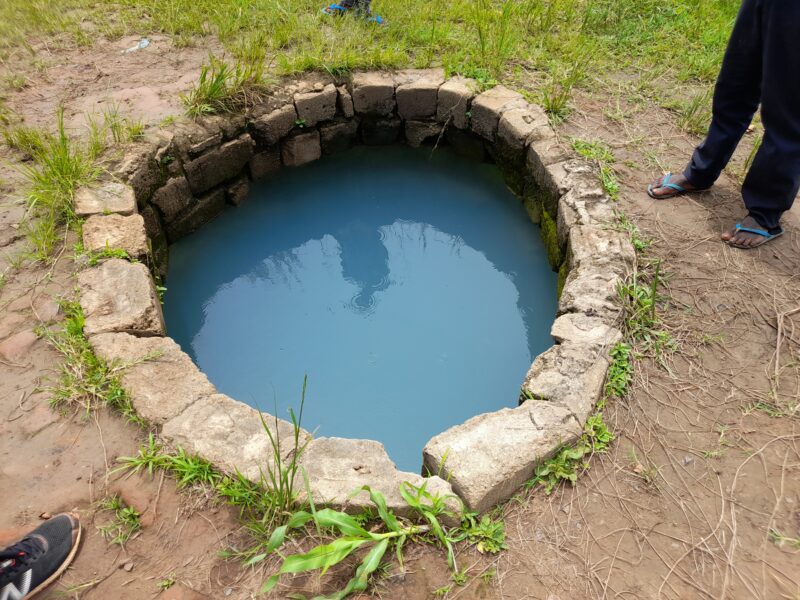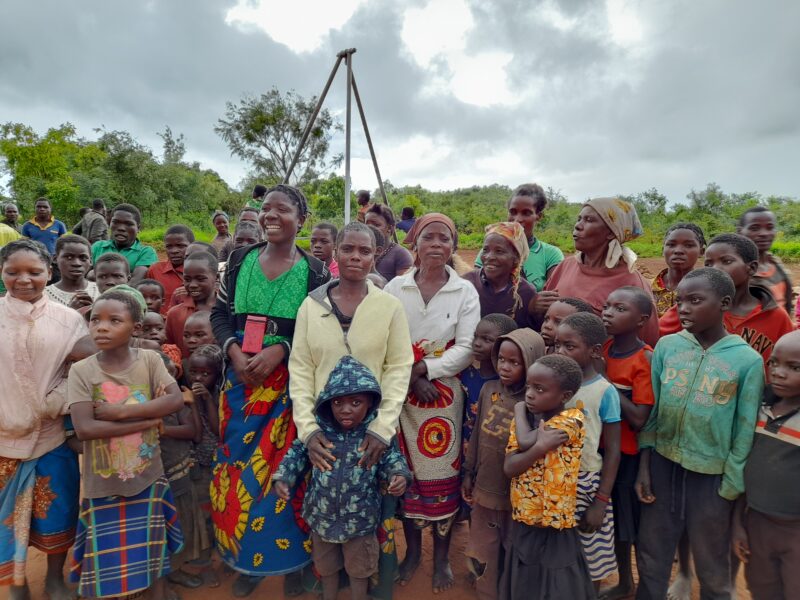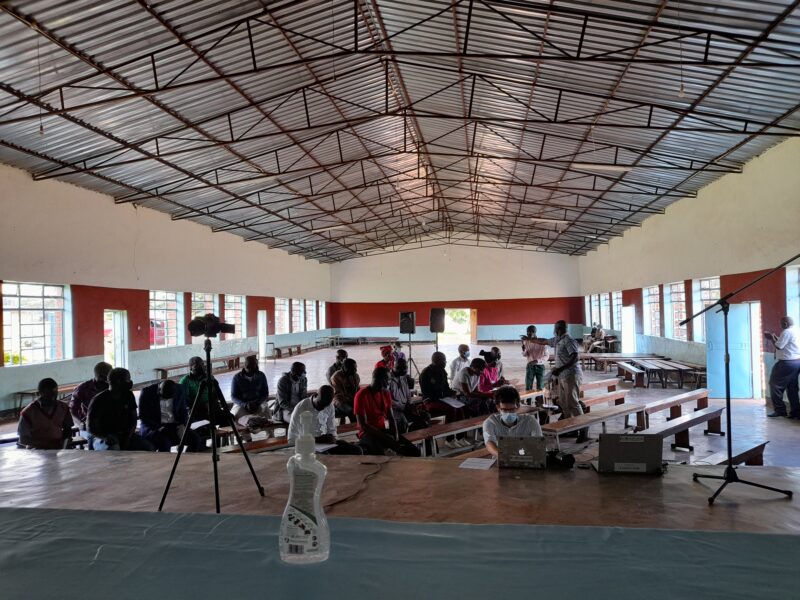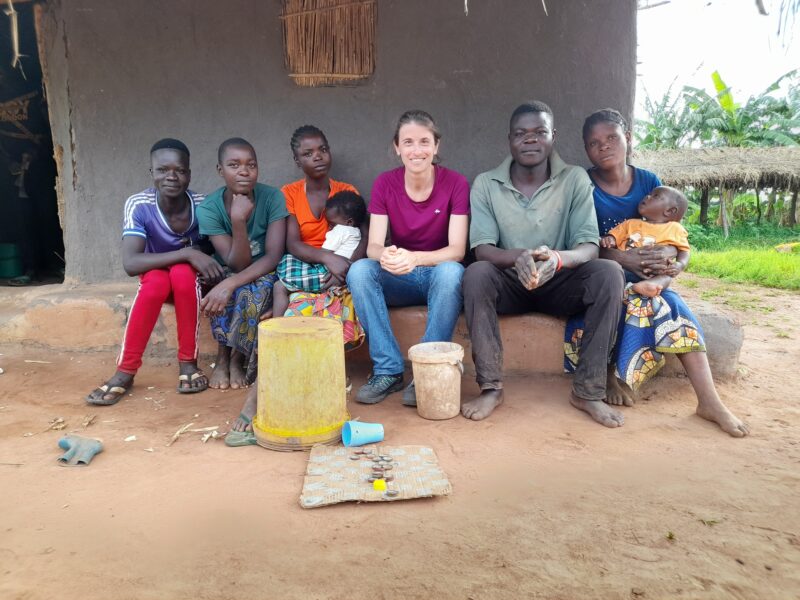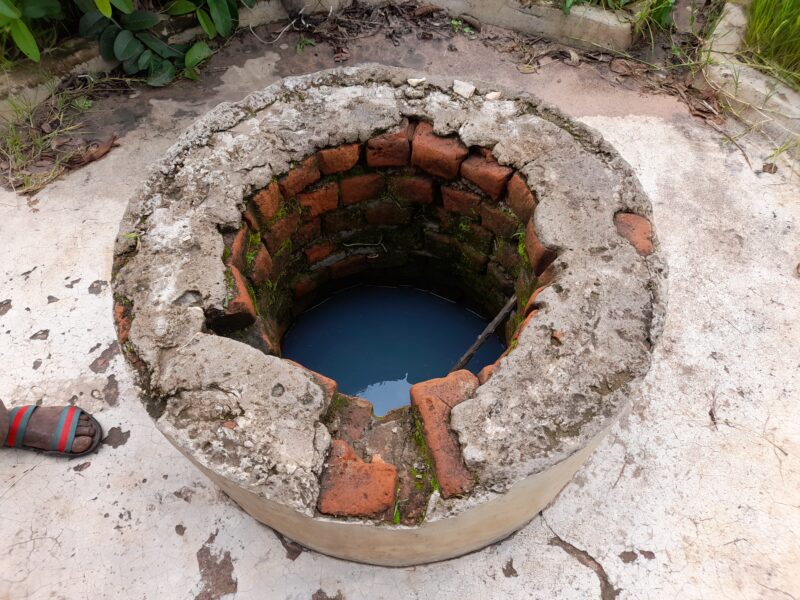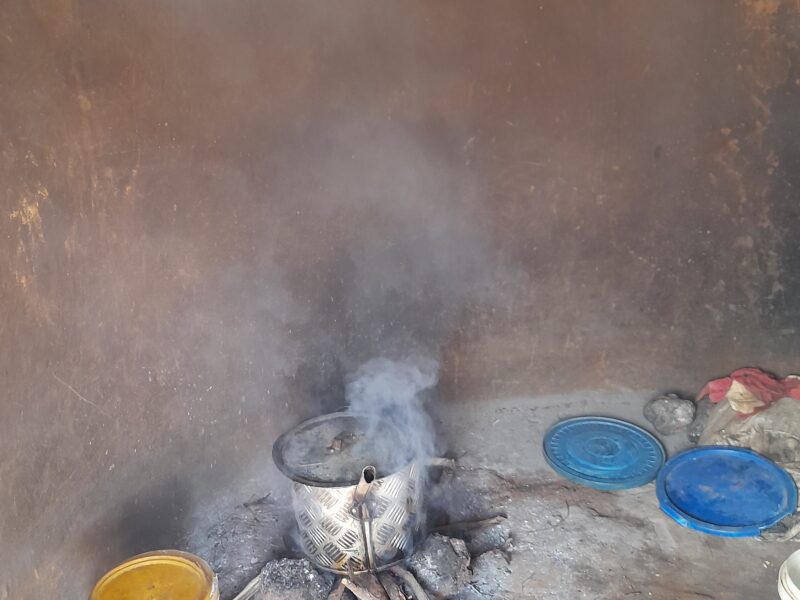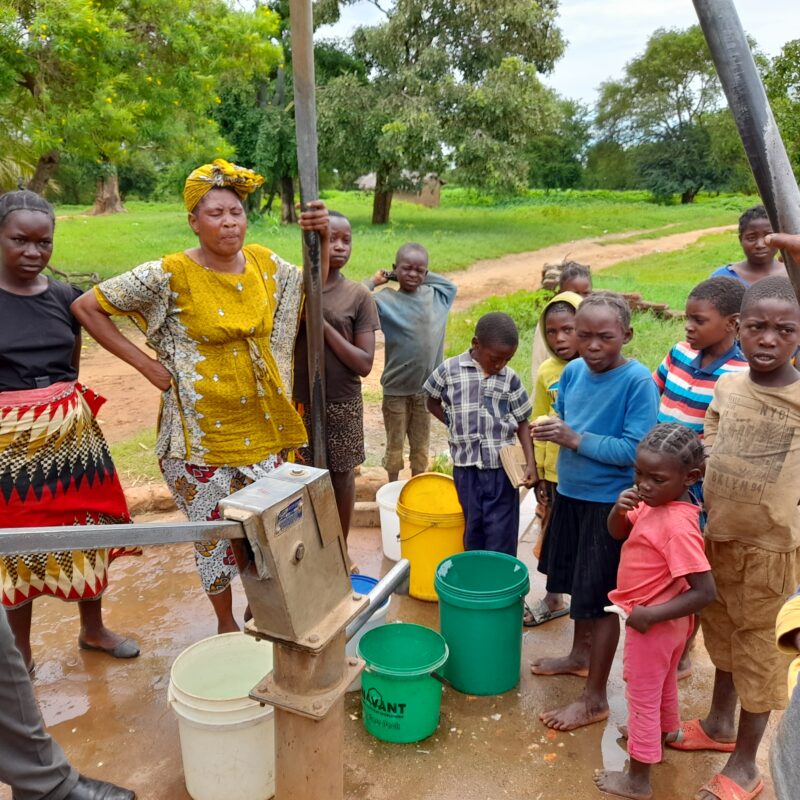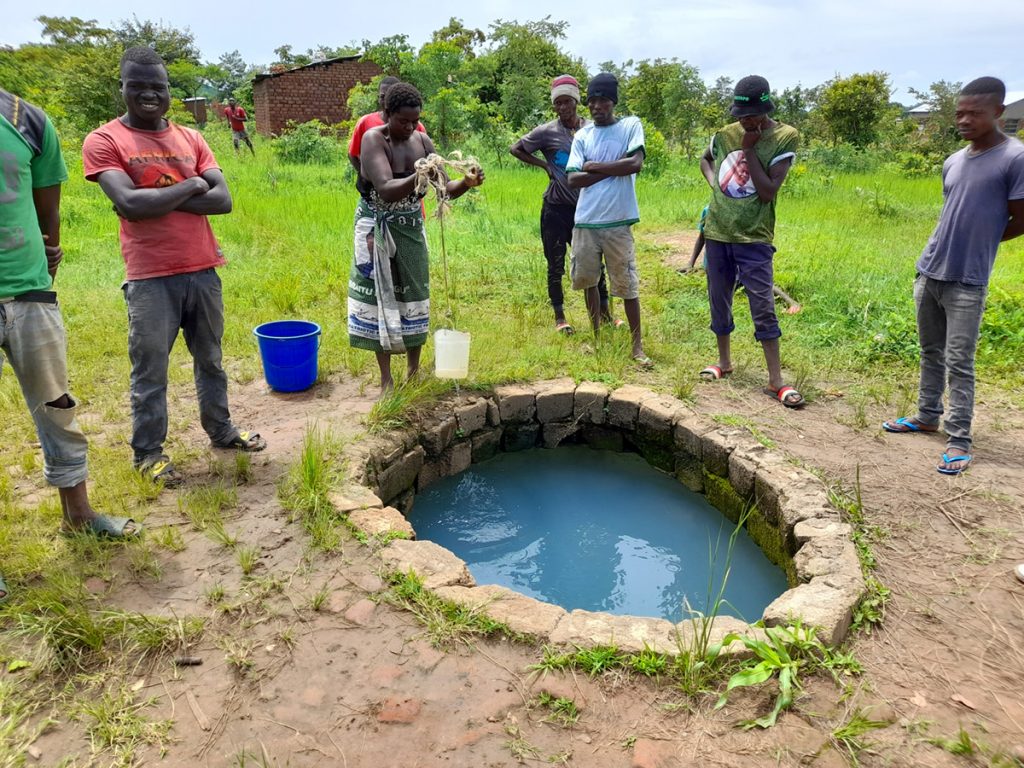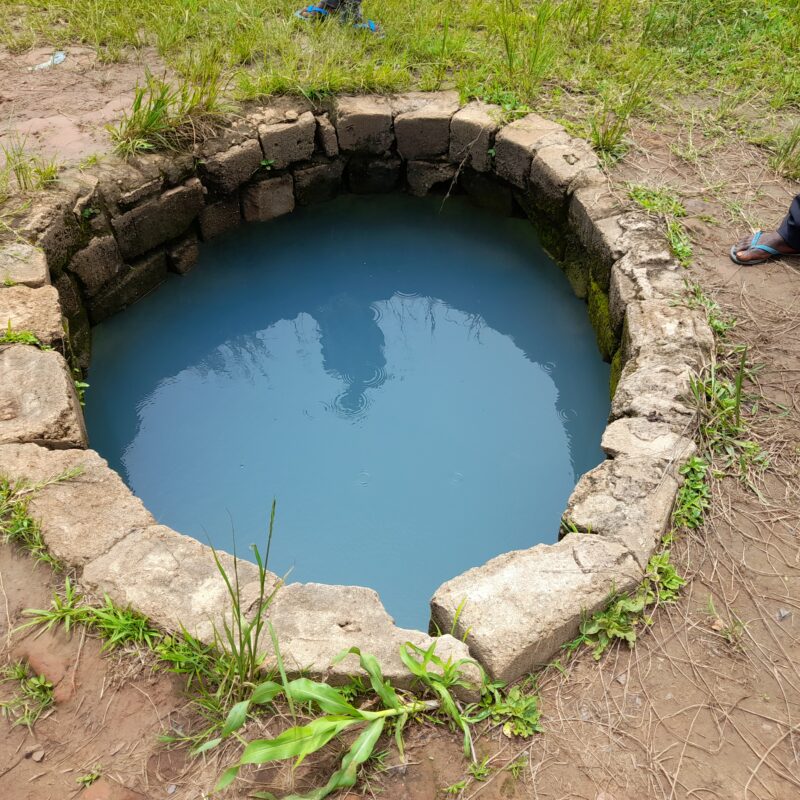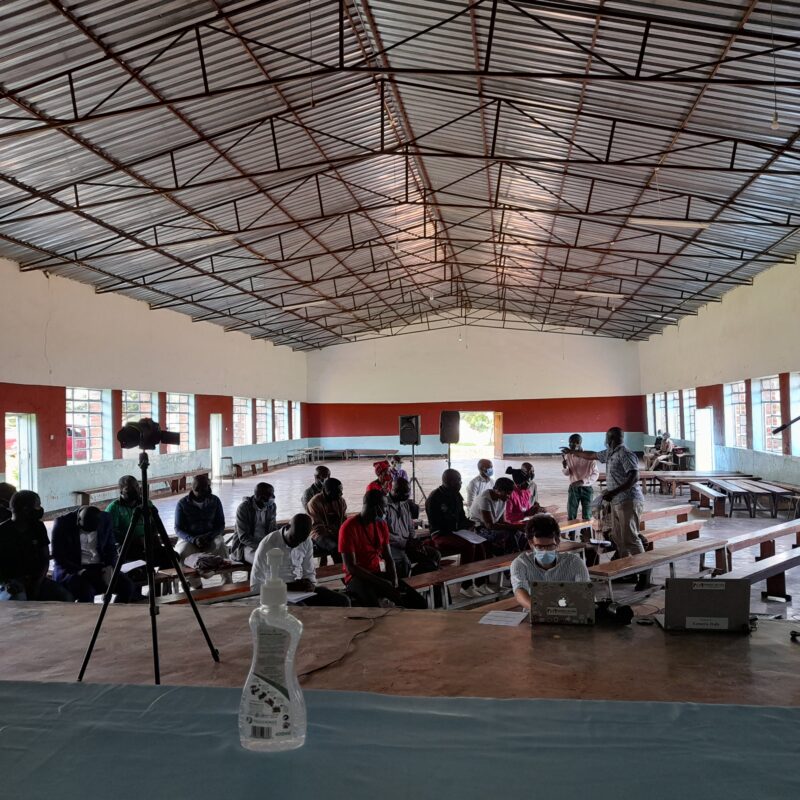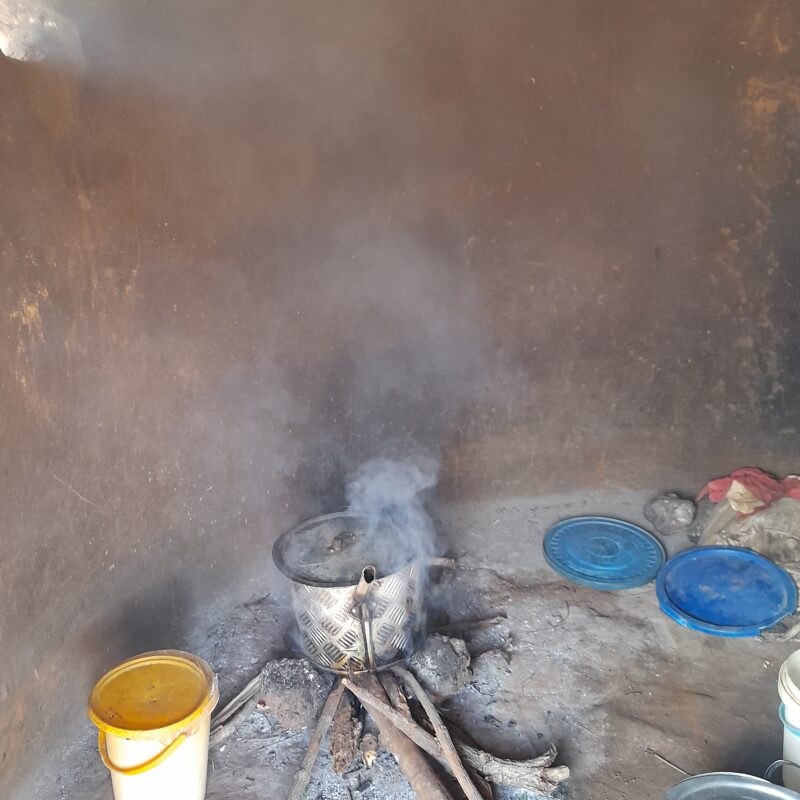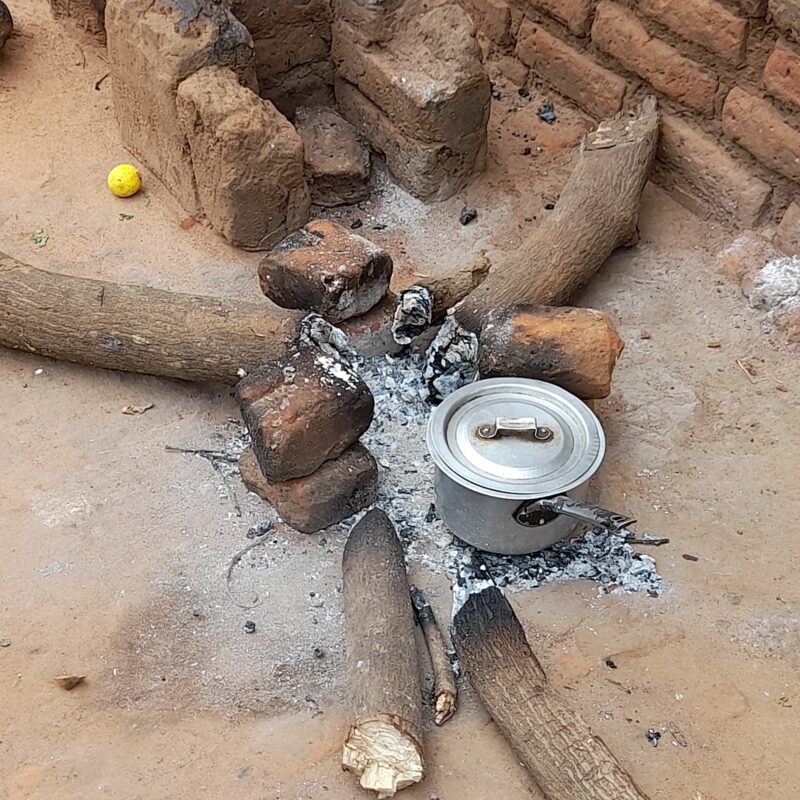Zambia is one of the countries in Sub-Saharan Africa with the least access to water, sanitation, and hygiene services. According to data collected by the Zambia Demographic and Health Survey (DSH 2018), only 58% of rural households have access to basic drinking water services, with the rest of the population relying on unimproved water sources such as ponds, shallow wells, and surface water such as lakes and rivers.
The causes of the problem are related to both the limited availability of wells, which are not sufficient to cover the needs of the rapidly growing population, and the inefficiency of existing wells, which often malfunction due to lack of maintenance or replacement of failed spare parts. As a result, communities either drink unsafe water exposing themselves to waterborne diseases or have to boil the water to purify it, using traditional braziers that consume a lot of wood and charcoal, with negative effects on both the environment from deforestation and CO2 emissions and on people’s health from the fumes generated by combustion.
Insufficient access to potable water
In Chipangali district, located in the eastern part of the country where the project is being implemented, the water access situation is critical.
A survey conducted in 2021 by the local NGO Pamodzi Ndi Ana in collaboration with the Chipangali District Water and Sanitation Bureau on the current situation of access to potable water found that some villages have no well at all, others have a well but not working, and the rest of the villages have only one working well but need more water supply to serve the whole population. Therefore, people currently do not have sufficient access to drinking water in the area, but are forced to obtain water from unsafe sources potentially exposed to contamination from human and animal activities.
Better living conditions
The main objective of the project is to improve the living conditions of about 25,000 people living in Chipangali district by providing families with sufficient drinking water within a reasonable distance from their homes. The project includes the following activities to achieve its goal:
- Rehabilitation of 106 existing non-functioning wells through capacity improvement works and installation of India Mark II hand pumps
- Construction of 14 new wells in villages where water access points are lacking.
- upporting community-based well management committees for regular well maintenance
- Implementation of population awareness campaigns on sanitation practices
To implement the project, OffgridSun is collaborating with the Zambian NGO Pamodzi ndi Ana to manage field activities and monitor infrastructure. Rehabilitation and well construction works are scheduled to begin by the first half of 2024.
A better life through clean water
Ensuring health and well-being for everyone and all ages
- At least 50% reduction in cases of water-related diseases experienced in the area
More time for women for other activities
Achieve gender equality and empower all women and girls
- At least 50% of the time saved to collect water daily
Water available in many scattered villages
Ensure the availability and sustainable management of water and sanitation for all
- About 40 million liters of clean water distributed in one year
Implementation and management of wells by local entities
Encourage long-lasting, inclusive and sustainable economic growth, full and productive employment and decent work for all
- Throughout the life of the project, which can be up to 15 years, maintenance will be taken care of
Less CO2 emissions
Promote actions, at all levels, to combat climate change
- 10,000 tons of CO2 saved per year
Official project documents
Learn more about the details of the project through the official registration documents at Gold Standard


